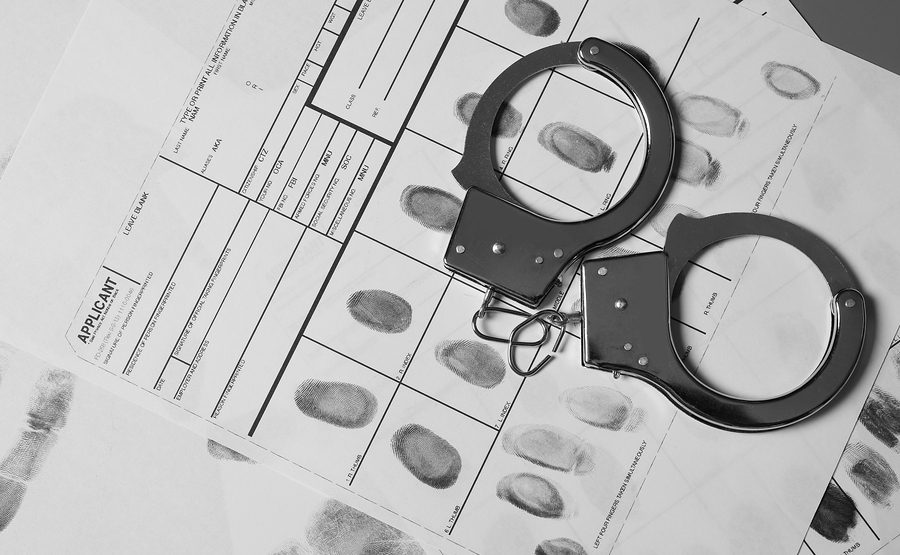When it comes to criminal record expungement, there are several rules, restrictions, and limitations involved in the process, from the initial petitioning stage, to final judgement. This means that not all applicants are eligible. For most, there are long waiting periods before becoming eligible for criminal record expungement for record sealing. And for those with pending criminal charges, the wait will be even longer.
Continue reading to learn what you need to know about expungement eligibility in Indiana, and how long you might have to wait before you qualify.

Pending Criminal Charges
If a person has current criminal charges pending, they are not eligible to expunge their criminal records. Once the charges are dealt with accordingly, and are no longer pending, and the individual is no longer on probation, they can then apply for criminal record expungement. This, however, does not mean they will be eligible. There are several prerequisites and requirements for eligibility. Factors such as time, the type of offense, the state, and more, all influence a person’s chances of being approved for record expungement.
Possible Timelines for Indiana Expungement
You must wait for a certain amount of time from the date of arrest before being eligible to petition for criminal record expungement. The amount of time you must wait largely depends on your criminal history and the convictions you have. They are as follows:
⌛ Dismissed Cases = 1 Year
⌛ Cases w/No Conviction = 1 Year
⌛ Misdemeanor Convictions = 5 Years
⌛ Level D Felony Convictions = 8 Years
⌛ Other Felony Convictions = 8 Years, or 3 Years from sentencing completion date – whichever comes later.
⌛ Serious Felony Convictions = 10 Years, or 5 Years from sentencing completion date – whichever comes later.
If You Don’t Qualify for Expungement
If you do not meet the eligibility requirements for criminal record expungement, you may still qualify for record sealing or “shielding.” Your licensed criminal defense lawyer can make this determination for you, but the primary differences between expungement and sealing is who can access the records and who cannot. See our blog, “What is the Difference Between Expunging and Sealing a Criminal Record?” to learn more.
Determining Your Eligibility Status
The eligibility requirements for sealing and expunging arrest records are quite complex. Furthermore, the process that is required of a petitioner is complicated, and revolves around a stringent schedule that’s difficult to follow. For this reason, it is important to review the criminal expungement laws and procedures before you begin on your petition. Consult with a licensed criminal defense lawyer for information about record expungement and sealing in Indiana.
How to Get Started on Your Petition
Call 317-636-7514 if you would like to petition for restricted access or criminal record expungement in Indianapolis. We are happily provide free initial consultations to discuss your case without any out-of-pocket obligations. And our rates start as low as $850! We are eager to help you reform your criminal record so that you can have the quality of life you and your loved ones deserve.

